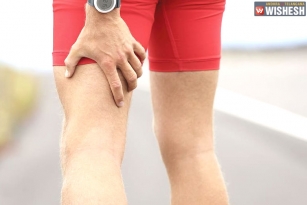
When it comes to a healthy diet - especially for women, and especially after menopause - nutritionists, doctors, everybody it seems, will tell you: calcium, calcium, calcium.
Federal health officials recommend that women and men younger than 50 consume 1,000 milligrams of calcium per day. The recommendation goes up to 1,200 milligrams after age 70 for men and after menopause for women, when a major drop in estrogen causes bone loss.
So, in a culture that often considers "more" to be "better," one might ask, if 1,200 milligrams of calcium is good, is 2,000 mg of calcium better?
No, says Dr. Ethel C. Siris, director of the Toni Stabile Osteoporosis Center at Columbia University Medical Center in New York. "You need enough; you don't need extra," she says.
"Extra calcium does you no good, and there is a small risk that if you take too much you might get a kidney stone," says Dr. Siris. That's because the body can only handle 600 milligrams of calcium at once. Extra calcium can build up in the bloodstream and, when excreted through kidneys in urine, it can cause a kidney stone.
That's been known for a while. But recently, a few studies raised concern that excess calcium may also calcify coronary arteries in susceptible individuals and even precipitate heart attack.

























